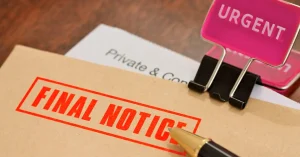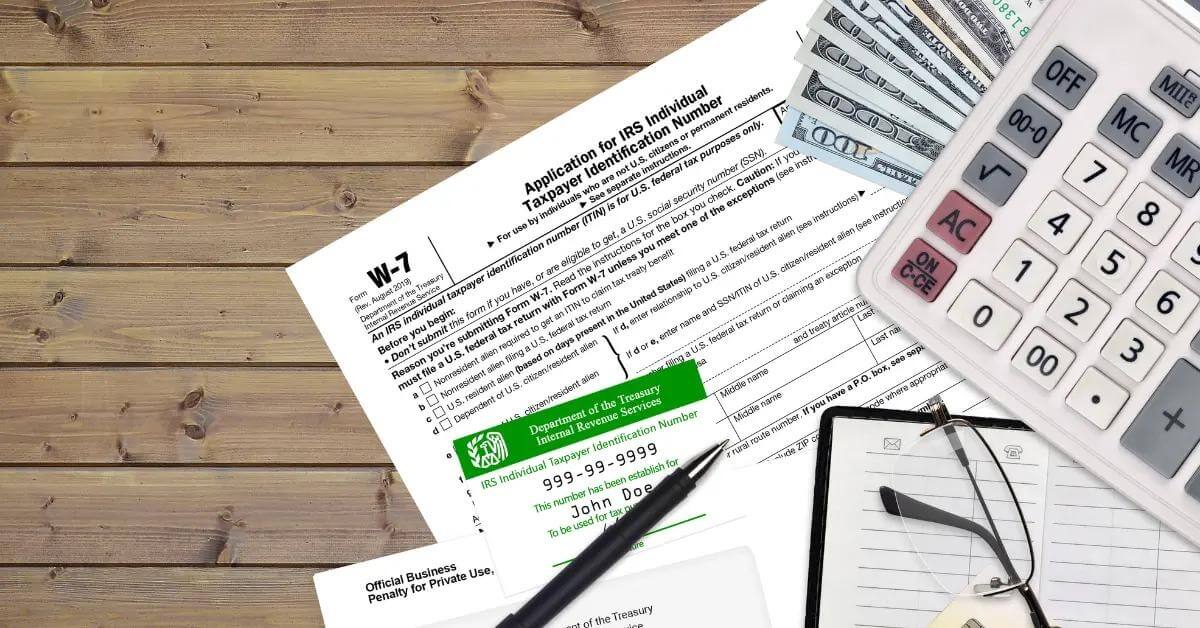Getting a tax refund can be one of the most psychologically draining experiences. Do you find yourself waiting for too long after applying for a tax refund? Many times, taxpayers wonder why the refund delays for several days or months despite being tax compliant citizens.
Typically, your 2020 tax refund could have been affected by the advent of COVID-19, which paralyzed operation in most sectors. On the other hand, you may have left some details when filing the tax refund forms, among other reasons.
 How Long Does It Take to Receive Tax Refunds?
How Long Does It Take to Receive Tax Refunds?
In normal circumstances, the Internal Revenue Service (IRS) offers tax refunds within 21 days upon approving a request for a refund. The approval waiting time varies depending on the format used in requesting for a refund.
After filling your tax refund, consider these factors, so that if it takes longer than usual to receive your funds, you can follow up to ascertain what you couldn’t have gotten right during the filing process
Many factors could have caused delays in getting your 2020 tax refunds in time.
 1. System of Application and Format of Payment
1. System of Application and Format of Payment
Requests filed electronically take three days for approval, while applications sent via email can take up to three weeks to be accepted. Other aspects that may further delay your tax refund are the payment through a cheque, which might take another week to go through.
 2. Ripple Effect of COVID-19
2. Ripple Effect of COVID-19
The effects of COVID-19 have crippled operations in various sectors in the United States. This led to the suspension of operations by the Internal Revenue Service (IRS). The disruption of operations at the IRS resulted in a backlog of millions of refund requests.
In essence, you could have experienced delays in receiving your tax refunds during this period. Individuals who had filed for refunds by July 15th need not worry. IRS has given notification that all applicants who applied in time will be awarded an accrued interest of 5 % from April 15th to the date that the refund will be released.
 3. Late or Early Filing
3. Late or Early Filing
Taxpayers get tempted to apply for tax refunds early so that they receive the funds soon enough. This might not convert to the actual picture you might be having in mind pertaining to receiving the amount in time.
The actual situation is that filing early might lead to unnecessary delays that you never expected. Internal Revenue Service is a high traffic website. Before kicking off the process of going through refund applications, the IRS may opt to carry out a system upgrade a few days before the kick-off date.

This might affect your application since it might take longer to access your request. On the other hand, a late application might take a more extended period to process due to high application volumes associated with the last-minute rush. Your application, in this case, might take longer to be processed.
Another aspect that could have led to delay in the issuance of tax refunds in 2020 are changes initiated by US President Donald Trump recommending various changes on tax laws. The new tax bill signed into law by Trump calls for the tax cut in the federal income tax system among other changes.
This adversely affected the release of 2020 tax refunds since the IRS had to align tax refunds in conformity with the new tax law.
 4. Filing Paper Returns
4. Filing Paper Returns
Did you file a paper return? If yes, then brace yourself for the most prolonged waiting period. Technology has made it easier to submit and access forms within the shortest time possible via various online platforms.
In case you are still stuck on the old ways of filing returns, then the waiting period associated with the process might not be so exciting.

Notably, IRS takes up to 12 weeks to process and approve paper returns. Should you request a cheque to be sent via an email, then the timeframe for a refund might be longer than expected.
Chances of cheques sent via email getting lost may further lengthen the duration of payment.
Therefore, it is necessary to use the most efficient method of processing payment to save you from uncertainties that may cloud your payment.
 5. Wrong Account Information
5. Wrong Account Information
Providing wrong bank account details during filing of a request for tax refund might be another nightmare that may complicate your quest to receive tax refunds.
Cross-check account details before submitting your form since IRS uses the information to wire the amount to your account.
Should have submitted wrong bank account details, contact the IRS through their toll-free number (800)-829-1040 so that they can stop the direct deposit.

After successful reversal, IRS will refund through a paper cheque, which takes longer than normal to be processed. Should the bank decline to refund the money, you will have to fill the 3911 taxpayer statement pertaining to the refund.
Ideally, IRS uses Form 3911 to track the refund on your behalf. All this will delay and complicate your refund process.
This, among other complex scenarios, maybe the reasons as to why you haven’t been able to receive your 2020 tax refund.
 6. New Security Measures
6. New Security Measures
The IRS has put in place strict security measures to protect the loss of funds to unscrupulous individuals.
If a suspicious attempt to receive tax refund through forgery is noticed during the process, IRS launches an investigation to ascertain credibility of the applicant.
This is usually followed by the issuance of a paper cheque that may further delay the tax refund process
 7. Outstanding Debt
7. Outstanding Debt
Have you confirmed whether you never defaulted on the federal student loan, child support, or any form of debt? If that’s the case, the IRS has an obligation to withhold your money. This is referred to as garnishment, where the payment is withheld awaiting to be directed to a different course.
Before requesting for a tax refund, ensure you cross-check such factors to avoid tax refund payment delays.
 8. Mistakes on Your 2020 Tax Return
8. Mistakes on Your 2020 Tax Return
Taxpayers who rush in filling up the forms and end up providing wrong information might find themselves waiting for longer to receive their tax refunds. This is because it might take longer for the IRS to cross-check the information submitted before approving the request.
Still Worried about your 2020 Tax Refund?
Are you worried that your 2020 tax refund request hasn’t gone through? This article provides insights into the issues that may have slowed down your 2020 tax refund payment. Should you have more concerns about how to resolve your tax refund stalemate, don’t hesitate to contact Silver Tax Group for expert tax advice.








